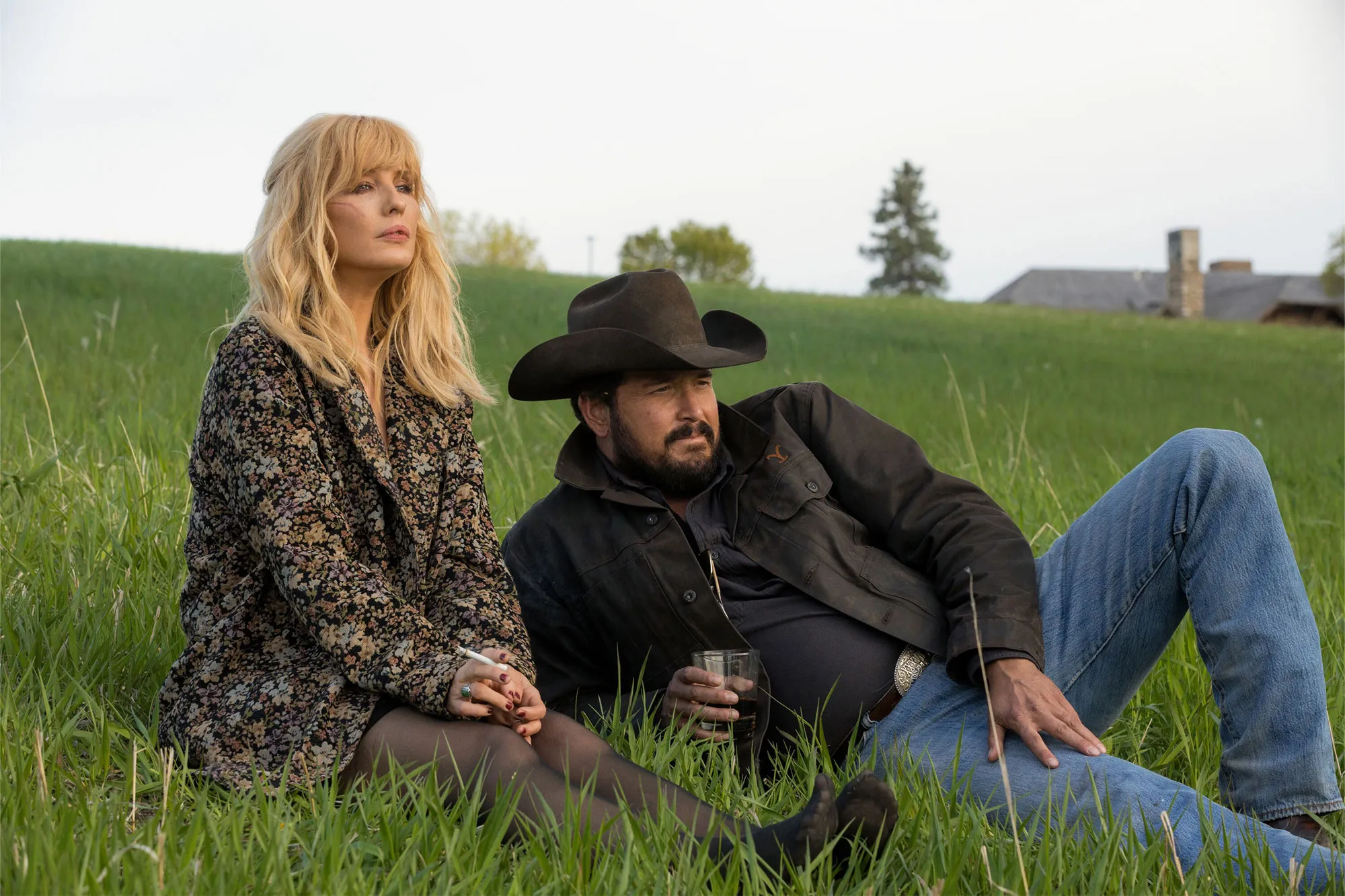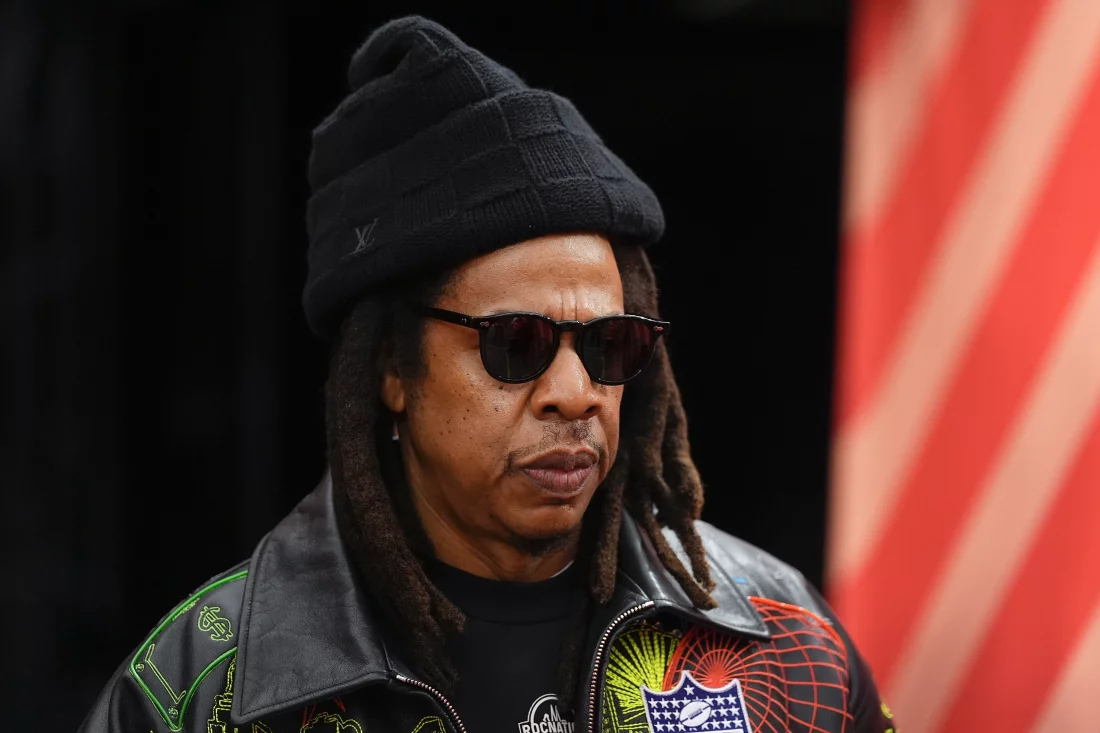Since Donald Trump’s recent victory, dystopian literature novels like The Handmaid’s Tale are in vogue once again as readers are tuning into fictionalized narratives that evoke the sense of authoritarian themes. On one hand, such a surge speaks to an overall cultural trend whereby audiences turn toward literature to make sense of real-world happenings and perhaps imagine what the implications of political shifts may look like. With all the things happening in the world of politics nowadays, many bookstores and online platforms claim that sales of books like George Orwell’s 1984, Aldous Huxley’s Brave New World, and Margaret Atwood’s The Handmaid’s Tale have skyrocketed since people realized they fit very well into the cautionary tales told by those authors.
Dystopian themes reverberate in the political climate
The Handmaid’s Tale has become a rallying point for readers responding to the outcome of the election, its themes involving gender manipulation and the rise of a totalitarian government. Again and again, readers find themselves relating this fictional totalitarian society to fears about personal freedoms being rolled back. There was an analogous increase in interest in dystopian narratives at the time Trump first gained power in 2016, sparked by the debates over politics and social issues.
A representative from a major bookstore chain noted, “Whenever there are major political changes, we see a pattern of increased interest in dystopian literature. These stories resonate as people reflect on the balance between power and freedom.”
Streaming and Adaptations Draw New Audiences
In the same vein, the popularity of adaptations of such novels, for example, the series The Handmaid’s Tale on Hulu, grows as people watch their respective shows. Viewing platforms also find that dystopian-themed topics continue to grow with revisited or discovered adaptations that explain oppressive societies. Thus, the adaptations have succeeded in playing out a strong desire from the audiences to contextualize current events by pushing the imagination within fictional frameworks that ought to be deducted from such cautionary tales.
Viewership in such similar titles for Hulu and Amazon Prime has significantly increased. These include titles like The Man in the High Castle and Snowpiercer. Such is with viewers trying to make sense of complex political realities by following dystopian narratives.
“The themes in these stories feel relevant,” commented one streaming executive. “They allow people to consider real-world issues through a dramatic lens.”
Readers Explore Cautionary Lessons in Fiction
Analysts note that renewed interest in dystopian literature often stems from a desire to examine how fictional societies respond to authoritarian shifts, providing a safe space for readers to consider potential outcomes of societal changes. Books like The Handmaid’s Tale and 1984 serve as cultural reference points, offering allegories for issues such as government surveillance, censorship, and restrictions on personal liberties.
“People turn to dystopian fiction when they feel uncertainty about the future,” said a literary critic. “These narratives allow readers to explore complex topics around power and control in a way that’s both engaging and reflective.”
Social Media Sparks Conversations Around Dystopian Themes
Social media sites have also added fuel to this debate over dystopian novels by amplifying the quotations of quotes, analyses, and reflections by readers on novels such as The Handmaid’s Tale. Many book clubs, even discussion groups especially focused on dystopian fiction, saw the influx of new members who wanted to reread or re-engage with novels in light of current events.
Dystopian novel fans are using social media and online communities to write lines between fictional worlds and contemporary issues form of cultural commentary on the role that fiction plays in interpreting political landscapes. “Dystopian books are a lens through which we can view reality,” one noted. “They remind us of the consequences of losing certain freedoms.”
Future Plans
Indeed, amidst readers reading dystopian fiction to make sense of current events, it is clear that literature still becomes a vehicle for reflection and dialogue. The renewed interest by readers in works like The Handmaid’s Tale reminds readers of the influence that fiction has to say about culture and evokes a sense of unity during moments of uncertainty. Such narratives attract audiences to continue diving into the details, hence making dystopian literature an effective vehicle by which the possible impacts of political and social changes can be contemplated.




